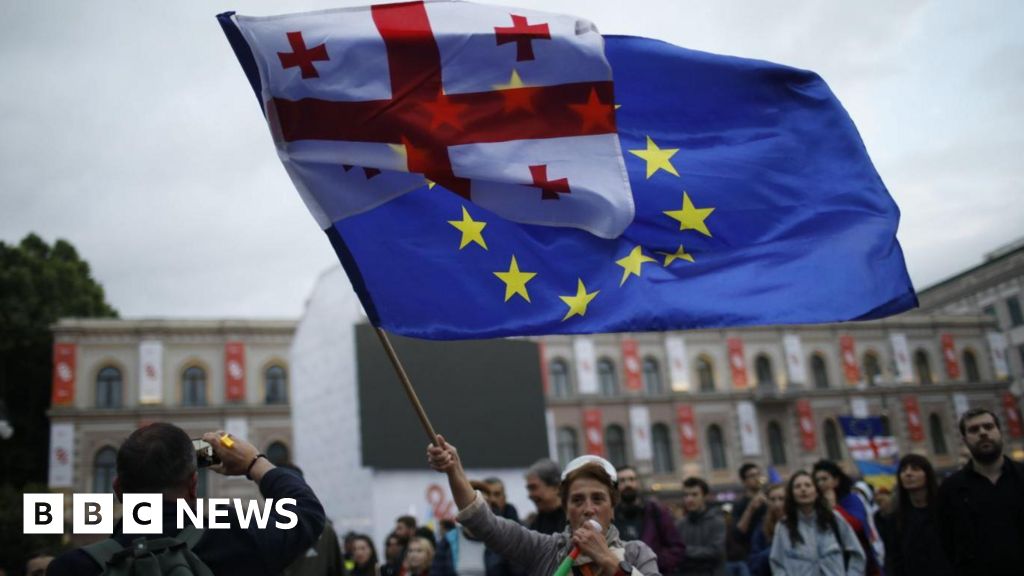Georgia’s path to EU membership has been blocked by the passage of a controversial foreign influence law, European leaders told a summit in Brussels.
The passage of the law represents a “reversal” of the steps taken to bring the country into the European Union.
“The European Council calls on the Georgian authorities to reverse the current course of action that jeopardizes Georgia’s EU path and to clarify its intentions,” the leaders said in a document released on Thursday.
They added that they maintained “unwavering solidarity with the Georgian people” and expressed “readiness to continue supporting Georgians on their path to a European future”.
“The European Council calls on the Georgian authorities to clarify their intentions and reverse the current course of action that jeopardizes Georgia’s path to EU accession, effectively halting the accession process.” statement Here’s what they concluded from the summit:
Georgia gained EU candidate status in December after being given a list of steps it needed to take to advance the process, including judicial reform.
However, the EU has been critical of the passage of the new Foreign Influence Law, which is due to come into effect next month.
According to the bill, media and non-governmental organizations with more than 20% of their funding coming from abroad must register as “organizations acting in the interests of foreign powers” and undergo strict audits, otherwise they will face punitive fines.
The Georgian government believes these rules will ensure transparency in the flow of funds supporting NGOs and protect Georgia from foreign interference.
Its opponents have dubbed it “Russian law” because of its similarity to existing Russian law, and argue the real reason for the legislation is to stifle dissent ahead of October parliamentary elections.
The United States has previously said the law threatens free speech.
Thousands of Georgians protested, with reports of NGO workers, activists and opposition politicians being threatened or physically assaulted at rallies.
EU leaders also called on Thursday for an end to “increasing intimidation, threats and physical attacks against civil society representatives, political leaders, civil society activists and journalists”.
They said they would continue to monitor the situation in Georgia closely and called on the government to ensure that the upcoming elections are “free and fair.”

